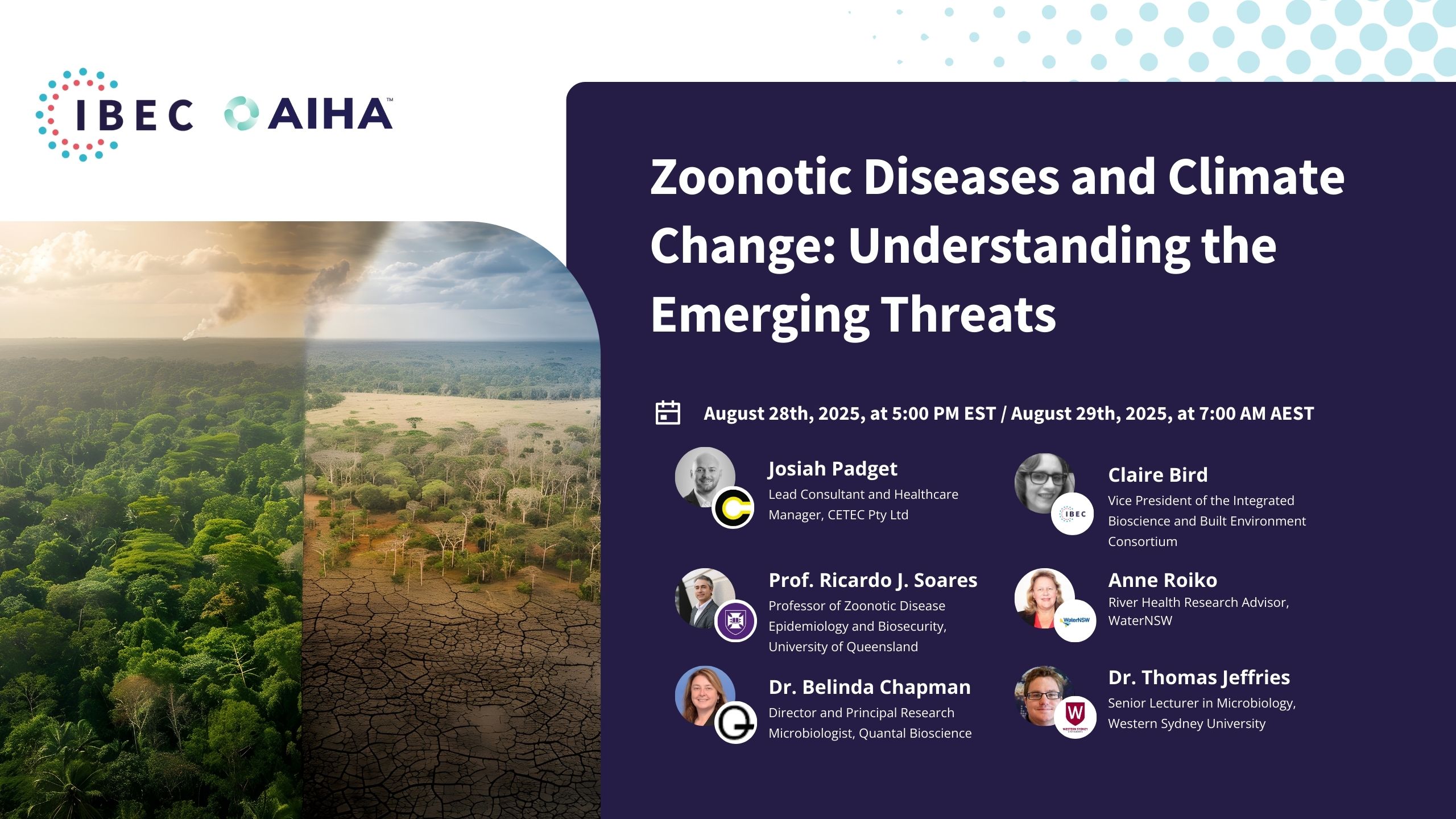Staying Ahead of Severe GAS Infections and Other Secondary Bacterial Infections

Severe Group A Streptococcal (GAS) infections, including invasive disease (iGAS), can lead to life-threatening illness and death.
CDC is looking into an increase in invasive group A strep (iGAS) infections in children in the United States, including necrotizing fasciitis and streptococcal toxic shock syndrome.
Our front-line healthcare workers also report increases in iGAS in other regions, including the UK and EU, and suspected increases in secondary bacterial pneumonia.
Getting the flu and COVID-19 virus can also increase severe outcomes from GAS and other secondary bacterial infections.
To protect yourself and those around you, it’s important to understand the causes and risk factors of severe GAS and other types of streptococcal infections, such as bacterial pneumonia, acute rheumatic fever, and rheumatic heart disease.
The experts advise that early detection and appropriate treatment are key to avoiding life-threatening illnesses.
Chest X-rays can increase early identification, and routine cultures are advisable in patients hospitalized with influenza, particularly those started on antibiotic therapy.
To mitigate the effects of iGAS, it’s important to stay up to date with vaccines, including the flu, varicella, COVID-19, and chickenpox.
It’s also important to be aware of the current national shortage of the liquid antibiotic amoxicillin suspension, most often prescribed to children to treat group A strep infections.
Finally, reducing exposure to infectious diseases through the “4 Ds” – Duration, Density, Dilution, and Distance – is the most important thing you can do to reduce its spread.
For more information on severe GAS infections and other secondary bacterial infections, sign up to download our comprehensive guide now.
In it, you’ll learn about the latest research and expert advice to help keep you and your communities safe.
Download Your Guide Here
Related Blogposts
COVID 19 Crisis Response, Mental Fatigue & Resilience
This is an extract from our October CLEAN Lessons Learned session “Reducing Exposure to COVID-19: The Human Factors” where Dr. Melissa Marot gave a presentation…
Beyond COVID-19
Strategies to go beyond COVID-19 with Dr. Lidia Morawska.
- « Previous
- 1
- 2
- 3



